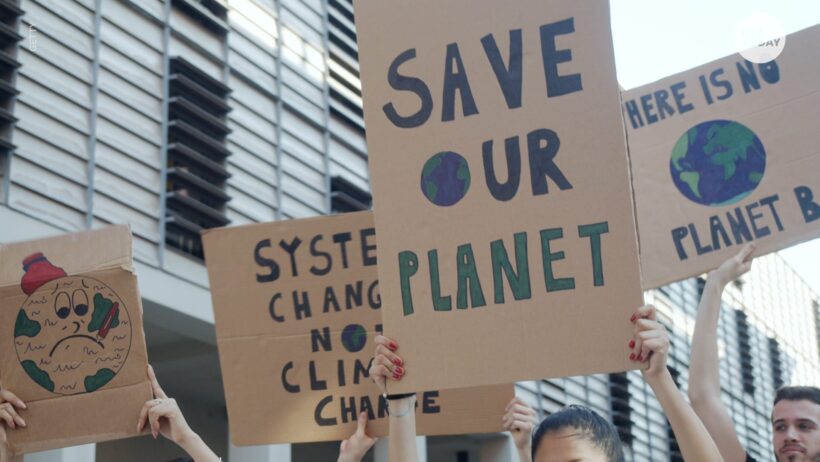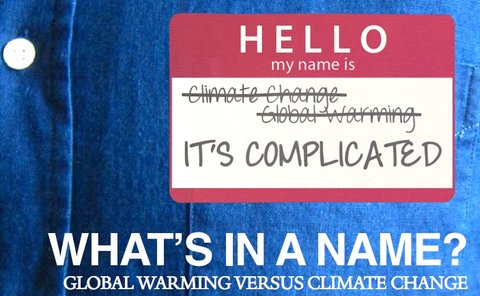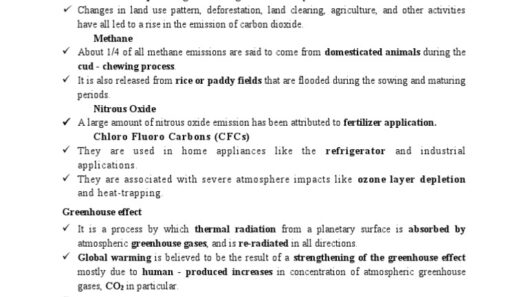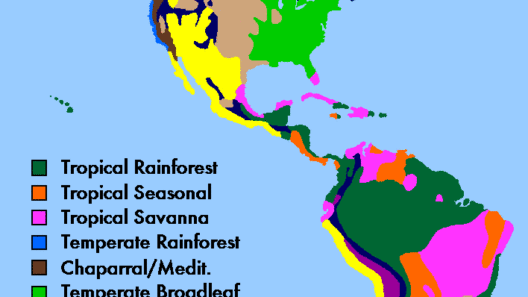Climate change has transcended from a niche scientific concern to a prominent global dilemma. Carried forth by an array of scientific studies, dire reports, and the unequivocal consensus of the vast majority of experts, it remains a salient topic of concern. Yet, contending against such overwhelming evidence are various arguments disputing the existence or severity of climate change. This raises a critical inquiry: Are these arguments against climate change substantive, and do they hold up under scrutiny? Let’s unravel this complex tapestry.
To comprehend the counterarguments, one must first grasp what is meant by climate change. It refers to long-term alterations in temperature, precipitation, wind patterns, and other elements of the Earth’s climate system. Crucially, it acknowledges the significant role of human activity—primarily through the emission of greenhouse gases—as a catalyst for rapid climatic shifts. However, dissenters commonly raise three primary categories of arguments: natural climate variability, economic concerns, and scientific skepticism. Each warrants an examination to discern its validity.
Firstly, proponents of the natural variability argument assert that climate fluctuations are not a modern phenomenon, but instead, part of Earth’s geological and meteorological history. They point to historical data depicting periods like the Medieval Warm Period and the Little Ice Age, suggesting that current warming trends may fall within these established oscillations. However, this premise falters under exhaustive scrutiny. Numerous studies indicate that the rate of warming observed since the late 19th century is unprecedented in the context of the preceding several millennia. More importantly, while natural factors undoubtedly contribute to climate variability, the current trajectory is distinctly influenced by anthropogenic factors. Merely attributing climate change to natural causes undermines the profound implications of human activity.
Secondly, there are economic assertions against climate change mitigation measures, often centered around the perceived costs of transitioning to renewable energy sources. Critics proclaim that the immediate financial burden of implementing sustainable practices might stifle economic growth, resulting in job loss and increased energy prices. This argument raises legitimate concerns regarding the economic implications of change, albeit missing the broader picture. A transition to a green economy, although initially daunting, promises long-term economic resilience, job creation in emerging sectors, and a reduction in costs associated with climate-induced damages. Moreover, a plethora of studies, including those by organizations like the International Renewable Energy Agency, affirm that embracing sustainable energy sources frequently results in economic benefits exceeding initial investments.
Another layer of this economic debate involves the question of prioritization. Some argue that developing countries should not be subject to the same rigorous emissions standards as developed nations, citing the need for economic development. While equity is undeniably a vital consideration in climate discussions, this doesn’t negate the necessity for global cooperation. The notion that environmental protection must be relegated to a secondary priority in favor of economic growth is a flawed dichotomy. Sustainable development models—in which economic growth goes hand-in-hand with environmental stewardship—are not merely theoretical; they are increasingly being implemented across the globe with success.
The third category of counterarguments stems from scientific skepticism. This includes claims of data manipulation, conspiracy theories surrounding climate models, and the occasional assertion that scientists are financially motivated to propagate fear. Such assertions throw into question the integrity of vast scientific endeavors without substantial evidence to support them. The scientific method operates on principles of transparency, peer review, and reproducibility. The overwhelming consensus—over 97% of climate scientists—affirms that human influence is the primary driver of recent climate change. Discrepancies in data interpretation do exist, but they reside within the normal spectrum of scientific discourse, rather than indicating a foundational flaw in climate science.
Moreover, the phenomena observed today, such as unprecedented heatwaves, rising sea levels, and unpredictable weather events, cannot be easily dismissed as mere anomalies. Emerging evidence from climate models continues to correlate human activities with adverse climatic effects, revealing a stark reality: the trajectory we are on demands urgent action. Ignoring this reality due to skepticism can exacerbate the very dilemmas that alternate perspectives seek to mitigate.
Moreover, the effects of climate change extend beyond environmental catastrophes, impacting public health, food security, and social equity. Understanding climate change as a holistic issue, rather than a divisive debate, invites a broader audience to engage with solutions. As climate impacts become more pronounced, the implications on vulnerable populations add a layer of moral responsibility for affluent nations and individuals alike. Counterarguments often neglect this ethical dimensions, framing climate in purely quantitative terms when the qualitative effects are equally alarming.
As the climate discourse evolves, it becomes increasingly vital to navigate through the thicket of misinformation and divergent perspectives. Each argument against climate change contains a kernel of truth, often rooted in genuine concern for economic stability or natural phenomena. However, a dispassionate analysis reveals these arguments, while deserving attention, do not withstand empirical scrutiny. Such an inquiry calls forth a broader acknowledgment of our societal obligations: to engage with scientific literacy, prioritize sustainable development, and understand that the fabric of our socio-economic structures is inextricably linked to the stability of our planet. The consequences of inaction loom large and mandate a recalibration of our priorities, moving beyond mere argumentation into collaborative solutions for a sustainable future.
The journey to address climate change is not merely an environmental endeavor; it is an intricate tapestry woven with economic, ethical, and societal threads. Despite the noise surrounding climate skepticism, an audience willing to explore the multifaceted nature of this issue will inevitably uncover the pressing need for action—a shift in perspective echoing through time.







